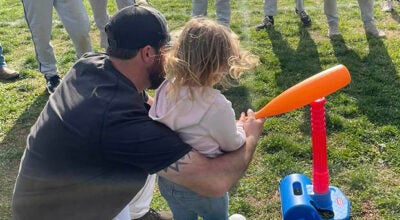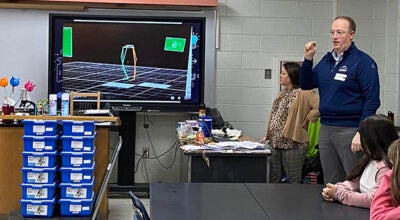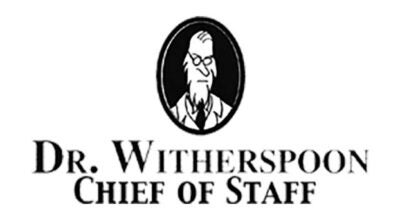Crossroads struggles with vacancies
Published 8:00 am Thursday, February 2, 2023
|
Getting your Trinity Audio player ready...
|
Crossroads Community Services could use some help. In the wake of the pandemic, the group is struggling to fill open positions and in turn, having a hard time supporting all of their clients.
To explain the situation, Dr. Melba Moore wants to paint a picture of the state of the region’s mental health system.
She gets straight to the point.
“If you think about a swimming pool,” she begins. “There are people swimming in that pool, you see it moving, this isn’t new. But what’s happened is this huge boulder was dropped in the pool. That boulder was COVID. The big splash was this resurgence of people entering into the system.”
Moore, the executive director of the Crossroads Community Services Board, says the pandemic did a number on the system.
“We have a workforce shortage, but this started a long time ago,” she says.
A LOOK AT CROSSROADS’ NEEDS
The Crossroads Communities Services Board, which focuses on preventing and treating the occurrence of mental illness, intellectual disabilities, substance use and co-occurring disorders, admits, they have nearly two dozen vacancies. At least three case workers are needed to handle more than 150 clients with severe needs. Jordan Miles, who’s represented Buckingham County on the Board for the last three years says, the list of open staff positions is a mile long.
“We need a nurse practitioner, an addiction services development coordinator, licensed, school-based therapists, a human resources director, human rights advocate, two emergency service therapists, day support professionals and managers, case managers,” he says. “The list goes on and on and on.”
Right now, they’re working with the Virginia Association of Community Services Board, their legislative liaison to the General Assembly, and though Miles admits that every community services board is struggling in some way, the biggest issue is workforce retention.
“If you don’t have the people, it won’t work,” he says.
Last week, the Board met to discuss what else can be done – on the list of options was better pay.
“You get what you pay for,” Miles said. “It’s investing in these people and seeing that they do good work and supporting them.
OPTIMISTIC ABOUT THE FUTURE
Dr. Moore joined the Board last April, and thought she’s only been in the position for 10 months, her background as a health commissioner in two major metropolitan areas has played a key role in her leadership here. Most recently, she served as health commissioner in Cincinnati, leading the city through the COVID-19 pandemic. What served that community well, she explains, was collaboration, communication and connecting.
“We came together and met every single week,” she recalls of leadership in the Buckeye state. “If we could replicate that, I was just in awe with the plan in Ohio, and how the governor met with us every single week, and the mayor [of Cincinnati] met with us. It was about equity, wanting to make sure all of the communities were covered.”
Though she’s no longer in that space as health commissioner, she’s optimistic about moving forward – especially with Governor Youngkin’s three-year transformation plan, which aims to invest more than $230 million in behavioral and mental health organizations statewide.
The plan includes several initiatives, such as $58 million to increase crisis receiving centers across the state, and $20 million to fund more than 30 new mobile crisis teams.
“That’s a start,” she says. “It’s a start, where you begin.”




